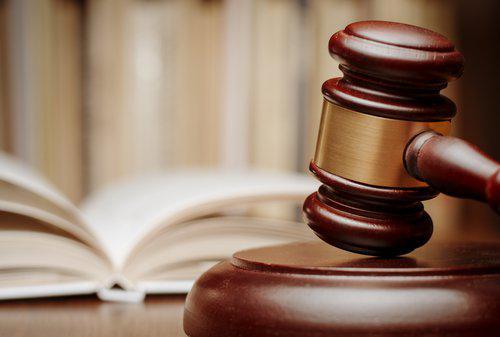Plea Bargaining When Charged with a Drunk Driving Offense
 Many criminal cases, including drunk driving charges, are resolved out of court through the process of plea bargaining. Plea bargaining moves cases through the criminal justice system without going through the lengthy trial process. A plea bargain, or deal, is an agreement between the defendant and the prosecutor. The defendant pleads guilty to the main charge or a less serious offense while the prosecutor drops one or more charges or recommends a specific sentence that is favorable to the defendant.
Many criminal cases, including drunk driving charges, are resolved out of court through the process of plea bargaining. Plea bargaining moves cases through the criminal justice system without going through the lengthy trial process. A plea bargain, or deal, is an agreement between the defendant and the prosecutor. The defendant pleads guilty to the main charge or a less serious offense while the prosecutor drops one or more charges or recommends a specific sentence that is favorable to the defendant.
- Defendants avoid the time and cost of defending the case at trial;
- The punishments the defendants are facing are more definite;
- The prosecution also saves the time and cost of a lengthy trial;
- Most importantly, the uncertainty associated with trial disappears, as both prosecutors and defendants know what the outcome will be; and
- The court system also benefits because a trial will not be conducted on every single crime that is charged against a defendant.
If you or someone you love is charged with a drunk driving-related offense, you should contact an experienced drunk driving attorney who will be able to advise you on your best course of action and get you the best deal possible in your drunk driving case.
Pleading Guilty, Not Guilty or No Contest
Depending on the circumstances of your case, you may want to plead not guilty, guilty or no contest.
- When you plead not guilty to a OWI, you are denying all charges against you and forcing the prosecutors to prove their case beyond a reasonable doubt. But, if you plead guilty, you are admitting the charges that you plead guilty to.
- If you are charged with a OWI, and plead guilty, you are legally admitting that you were drunk driving and that you intentionally got behind the wheel, potentially placing others in harm’s way, including yourself. If you were involved in a car accident with another individual, and they suffered injuries because of that accident, a guilty plea in a criminal case can be used against you to hold you liable in a civil case.
- Pleading no-contest is also an option in Wisconsin; here, you neither deny nor admit the charges, and the plea cannot be used to prove liability against you in a civil case.
Penalties
According to the Wisconsin Department of Transportation, depending on the OWI charges you face, and your criminal history, the penalties range from fines as low as $150, to revoking your license for at least six months, to being required to use an ignition interlock device, and even incarceration for a significant period of time. Additionally, there are hidden costs if you plead guilty to a OWI, such as trouble finding a job or losing the one you have. If you are charged with a drunk driving felony, and are incarcerated, you even lose your right to vote.
The Next Step
As you can see, determining how you are going to plea in a OWI case is very complex in nature and has many consequences. You must also remember that the plea agreement is subject to approval by the judge, and the judge has discretion to accept or reject the plea. Before you take the next step and make a decision you might regret, contact an experienced Milwaukee criminal defense attorney.







